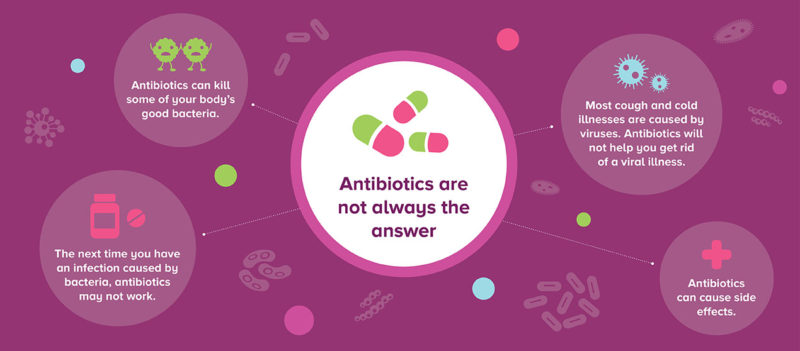It’s nearly impossible to turn on the news or scroll through your social media account without hearing or reading about the latest update on the Zika virus. While I think it’s important to be educated about what’s happening, I also think it’s just as important to have a realistic perspective.
If you’re looking for help with sorting through what’s being said about Zika, test your knowledge with the below quiz. I’m going to make four statements, three of which are true and one is false. These statements, in my opinion, highlight the facts that are most important to be aware of related to the Zika virus.
Which one of the following statements about the Zika virus is false?
- The Zika virus was first identified in the Zika river in Uganda in 1947, and out of 10 people infected, only two will develop any symptoms at all.
- The Zika virus is spread by the Aedes egypti mosquito, which does exist in some southern states, but does not live in Ohio.
- The Zika virus is an arbovirus, and when it first hits an area, people get infected with it and then become immune.
- It is PROVEN that the Zika virus causes microcephaly in babies.
ANSWER: #4 is the only false statement.
More About Statement #4: In Brazil, there has been an association between women who became infected with the virus during pregnancy and having babies with microcephaly, a birth defect where a baby’s head is smaller than expected. However, it has not been proven that Zika caused the microcephaly. While we have known about Zika virus for over 60 years, until last year in Brazil, there have been no reports of Zika, or any other flavivirus, of which Zika is a member, being associated with microcephaly. It is possible that the virus has changed and now can cause injury to developing babies. It also is possible that the microcephaly is caused by something other than Zika virus. Studies are currently underway to better understand if there is a true association between Zika virus and microcephaly. Until we have a clearer understanding, the CDC has recommended that pregnant women or women who are planning to get pregnant, avoid traveling to areas with a lot of Zika virus infections.
More About Statement #1: I’d like to point out that in the cases where someone is infected with the Zika virus, the symptoms are mild and most won’t need any treatment. We don’t know why some people will develop symptoms and others won’t, but in the cases where they do, it typically consists of a rash, red eyes (conjunctivitis), fever and muscle pain, and usually resolves within a few days. There are no data to suggest that the infection is particularly harmful to children.
More About Statement #2: Because this type of mosquito does live in some southern areas of the United States, people living in Ohio and other northern states should be at a very low risk of getting Zika from a mosquito in that area. If you do travel to an area with Zika, the best protection is to avoid mosquito bites by wearing long sleeves and pants and applying bug repellant to exposed skin.
More About Statement #3: “Arbovirus” means ARthropod BOrn virus. What typically happens with an arboviral infection is that at first there are a number of cases and then as the people get infected and become immune, the number of new cases drop. The West Nile virus is a good example of this.
I hope this information helps to clarify what’s concerning and what isn’t in relation to the Zika virus. My main point is that there really is only one group that needs to have a heightened sense of awareness about Zika, and that’s women who are pregnant or thinking about becoming pregnant.






If you get bitten on your leg does it get swollen?